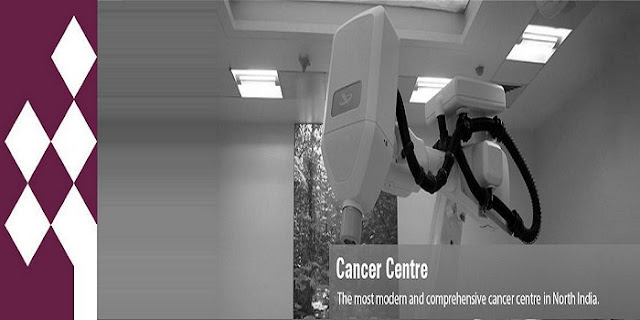Foods to avoid after kidney transplant
A
kidney transplant is a very complicated procedure and it is not the surgery
alone that is important but also what follows. Kidney transplant surely helps
to save the life of a patient but to make it a success, a proper diet plan is
very important. The best nephrologists recommend a specialised
diet chart to their patients, that is to be followed religiously after the
transplant. There are certain food products that are to be strictly avoided as
their consumption can harm the new, transplanted kidney. The leading kidney Hospitals in Delhi have their own dieticians who assist the nephrologists
in preparing the best diet plan to suit the needs and requirements of different
patients. If you are planning to undergo a kidney transplant,
and need expert advice, you can consult Dr Sunil Prakash, one of the leading
kidney specialists in Delhi.
The
best nephrologists in India prohibit the consumption of certain food
products after a kidney transplant. The reason behind this is that after a
renal transplant, there are very high chances of the patient's body rejecting
the new kidney owing to which the patient has to take anti-rejection medicines
throughout his/her life. Although this help to decrease the chances of
reduction, however, they also weaken the body's ability to fight other
diseases. Hence it is better to avoid high-risk food products and consume a
healthy and balanced diet to avoid any severe complication.
Also,
the patients tend to gain weight after the surgery owing to the use of steroids
and other medicines. This increases the workload on the Kidneys and may
ultimately lead to serious repercussions. Hence in order to maintain healthy
body weight, it is important to avoid various food products that can lead to
unhealthy weight gain.
Ø
It is advisable to consume fresh food products
and take the expiry date into consideration. Eating stale and mouldy food can
lead to serious infections.
Ø
Meat, fish and poultry can be taken in limited
quantities and only if they are properly cooked. Undercooked meat, poultry
products and seafood should be strictly avoided. This also includes undercooked
eggs.
Ø
Unpasteurized milk, as well as the various dairy
products made from the same, should also be avoided. However, you can consume
pasteurised milk and milk products.
Ø
There are certain fruits that are difficult to
digest and the consumption of these can put excessive strain on your Kidneys,
hence it is better to avoid these.
Ø
Grapefruit and pomegranate, as well as their juices,
should not be consumed.
Ø
Fruits and salads should only be consumed if
they have been cleaned properly. Avoid eating unwashed fruits and veggies.
Ø
The patient should refrain from drinking
unpasteurized juices or ciders.
Ø
Salt consumption should be highly reduced.
Ø
Avoid food products that are rich in fat and
cholesterol.
Ø
Alcohol consumption should be avoided at all
costs.
If
you want to make any changes in your diet chart, consult your nephrologist and
dietitian first. They will guide you and recommended the best alternates. Try
to abide by all the guidelines set by your doctor Dr Sunil Prakash to avoid any problem after
the surgery.
Initially,
it might be difficult to adapt to these changes but gradually you get used to
them. Undergoing a kidney transplant is definitely not a small thing and surely
has a life changing impact on the patient. The life of the patient is not the
same as before. There are many things that you'll have to give up in order to
make the procedure successful and this includes your favourite food products as
well.
In
case you are suffering from diabetes, try to keep your sugar level under
control as abnormal sugar levels can drastically affect your Kidneys. It is
better to avoid food products that can elevate your sugar level.
It
is better to keep all the above mention things guidelines in consideration and
stick to them to avoid unnecessary complications.




Comments
Post a Comment